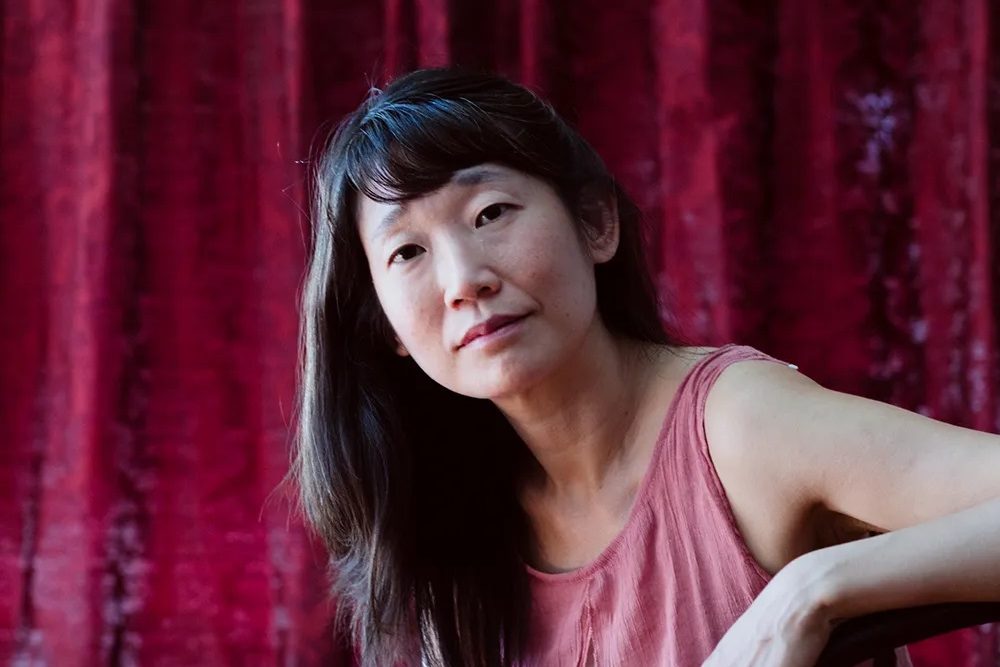One evening, a man and a woman who haven’t met for decades bump into each other at the Metropolitan Opera in New York. It’s a familiar tale, but one to which Roxana Robinson brings many twists in her highly enjoyable latest novel, Leaving.
Sarah and Warren were childhood sweethearts in a suburb outside Philadelphia. Sarah was uncertain, made biddable and cautious by cool, judgmental parents. Warren was bold and full of ambition and crazy-sounding dreams. They proved too much, too threatening, for the timid Sarah and she married a man she thought a safer bet. It turned out to be a mistake. Rob, who has electric blue eyes and an intimate manner, skitters from one improbable career to the next. They have two children, a boy, Josh, and a girl named Meg. When they divorce, Sarah retreats to her house in Maine. She joins the board of a museum, for which she arranges exhibitions. She has a dog, her closest companion.
Warren also marries and has a daughter, Katrina, who works in the design world in Boston. But while Meg is loving, if complicated, Katrina is willful and exacting. The supposedly unreliable Warren turns out to be rather responsible, and sets up a successful architectural practice, his boyhood fantasies folded into an absorbing working life. His marriage, however, is bleak.
Sarah and Warren are now in their sixties, and this is a novel about affection between older people; but that is just one aspect of it. Their new relationship is not about age but about love in all its ageless forms — the happiness and delight it brings, the anguish and trouble it causes. Katrina is a young woman focused on her own desires, casually intent on the selfish destruction she is able to cause.
Leaving deals with the intricate play between expectation and achievement, the trade-off between adventure and security, the pacts people make to get through life. It paints a painful, touching picture of the endlessly complicated, endlessly fascinating relationship between mothers and daughters, fathers and daughters, and the terrifying ruthlessness of human beings. No one has ever written better about infidelity and the break up of marriage than John Updike in his short story collection Your Lover Just Called. But in Leaving, Robinson has captured all the sadness, poignancy and resignation of loss. Anyone who has ever been left, has ever left someone, who has a daughter or perhaps even just a dog, will find in it an echo of their experience.
This article was originally published in The Spectator’s UK magazine. Subscribe to the World edition here.






















Leave a Reply